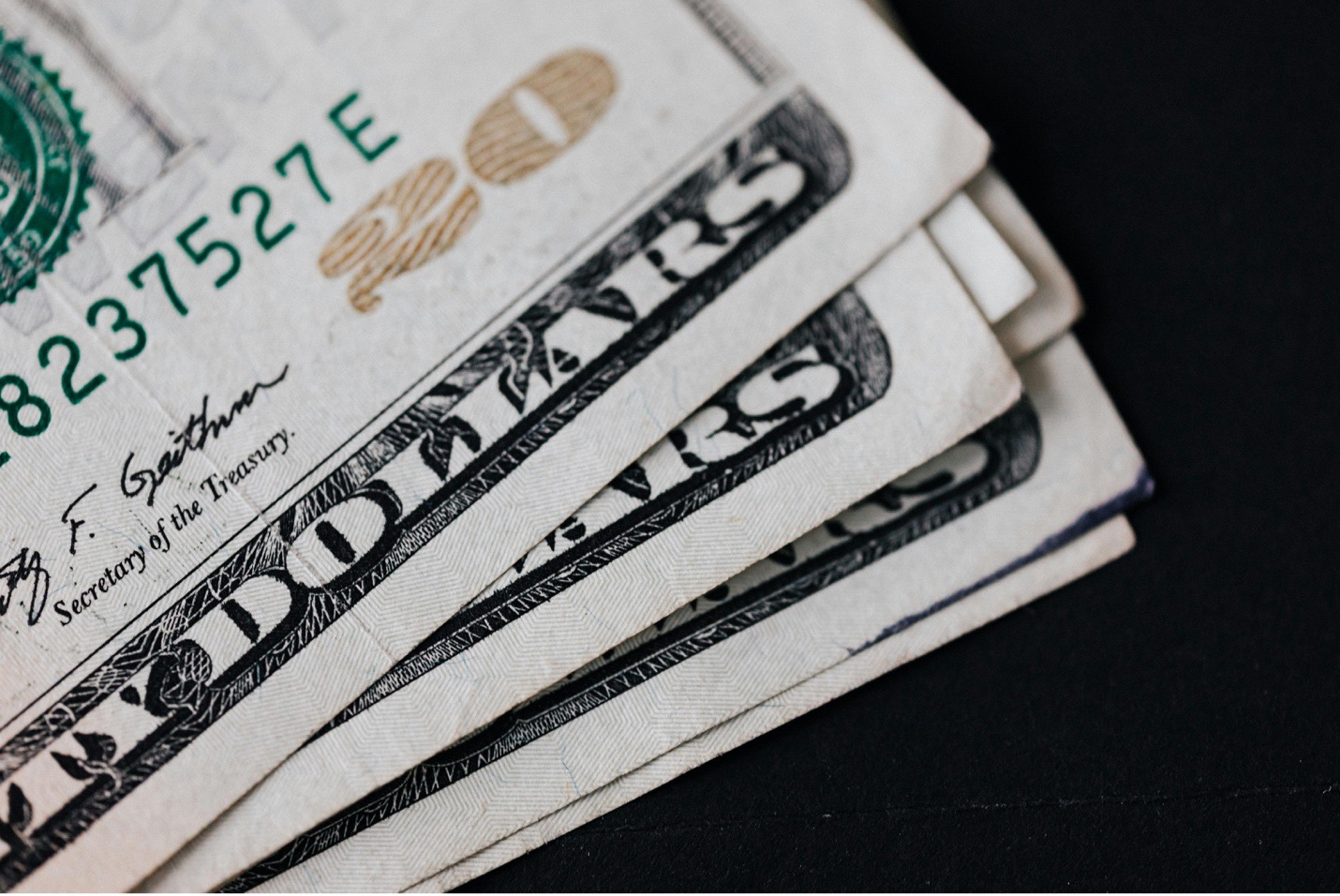What Are the Differences Between Share Certificates and CDs?
When you’re saving money, the smartest thing to do is put that money to work for you. But savings accounts aren’t your only options—in fact, they might not be the best places to put your cash when you want it to grow quickly.
If you don’t need to dip into your savings for a while, share certificates or certificates of deposit (CDs) might be better places to put that money for maximum growth. Let’s dive into the differences between share certificates and CDs now.
Certificates of deposit explained
A certificate of deposit is a special type of savings account that has restrictions on withdrawals and higher-than-average interest rates. Put simply, you deposit money into a CD account for a certain amount of time or term. The length of the term determines your rate. Your money will accumulate interest and grow. In this way, your money is “working for you.”
Once the CD's term ends, you can withdraw money freely within the disclosed grace period. If the money is not removed, it will typically roll over into a similar term for the current rate at the time of renewal.
How certificates of deposit work
Certificates of deposit are offered by many banking institutions. When you open a new account, you have to keep the money in that CD for as long as the term happens to be—depending on the account, it might be as short as three months or as long as several years.
If you withdraw money from a certificate of deposit before the term ends, you’ll be charged an early withdrawal penalty, so you’re incentivized to leave the money alone for the term’s duration. In addition, like other accounts at institutions insured by the Federal Deposit Insurance Corporation (FDIC), CDs are covered for up to the current limit ($250,000).
Just how much interest does money in a CD accumulate? The best certificates of deposit at the time of this writing have a little over 5% annual percentage yields or APYs, and the APY for a CD usually decreases for accounts with longer terms (e.g., a CD with a six-month term might have a 5% APY, while a CD with a three-year term might have a 4% APY). The big benefit is that the APY stays the same throughout a CD's term, regardless of economic shifts. It's guaranteed interest accumulation that can add up to quite a bit of cash with a big enough balance!

What is a share certificate?
A share certificate is essentially a "credit union CD." Like certificates of deposit, share certificates are savings accounts that include higher-than-average interest rates for their balances. But there are two big differences between share certificates and CDs:
- Share certificates are only offered by credit unions, like Sharonview FCU
- All the earnings that accumulate in a share certificate account are called dividends
Share certificates are useful for many of the same reasons and situations as certificates of deposit. For example, say that you have $10,000 you know you’ll keep for at least a year. Instead of putting that money in a normal savings account with a low interest rate, you can put it into a share certificate so it accumulates extra money over that timeframe. By the time you withdraw the $10,000, it may have grown by several hundred dollars.
Depending on your credit union, you might find share certificates for individuals, similar to traditional savings accounts, and business share certificates, which can be beneficial for enterprises looking to grow corporate nest eggs during times of economic stability.
How do share certificates work?
Just like certificates of deposit, share certificate accounts have different terms—and you’re still required to keep your money in a share certificate for the duration of your account’s term unless you want to pay an early withdrawal penalty.
If you open a share certificate account at a federally insured credit union (backed by the National Credit Union Administration or NCUA instead of the FDIC), your money will be insured for up to $250,000. Share certificates also have APYs of between 2% and 5%, depending on things like the institution and the account term. And, like CDs, the APYs of share certificates stay the same throughout their terms.
Share certificates vs. CDs
As you can see, share certificates and certificates of deposit are very similar in most key ways. Let’s take a closer look at both of these account types since there are some differences that might make one account type or the other better for you.
Share certificate and CD similarities
CDs and share certificates are so alike because they fulfill a similar function—accumulating interest with savings. The similarities don’t end there, however:
- They both have account terms, before which you can’t withdraw money without being penalized
- They have similar interest rates/APYs
- They can both be insured

Differences between share certificates and CDs
That said, the distinctions between CDs and share certificates are important to note. Here’s a breakdown.
|
Share certificates
|
Certificates of deposit
|
|
Available only to credit union members
|
Available to any bank customer
|
|
Earnings paid out as dividends
|
Earnings paid out as interest
|
|
Insured by the NCUA
|
Insured by the FDIC
|
What’s the difference between dividends and interest? Not much. Both are money that gets added to your balance over the duration of your share certificate or CD’s term. That’s a big reason why some credit unions call their share certificates “CDs” even though they aren’t technically identical.
Should you choose a share certificate vs. a CD?
When all is said and done, knowing whether you can get a share certificate or certificate of deposit is simple: are you a member of a credit union or a customer of a bank? If you’re the former, you can open a share certificate. If you’re the latter, ask about a CD.
However, if you aren’t already a credit union member, joining a reputable credit union could be a wise idea—especially if you’re looking for a long-term financial partner. That’s because credit unions often have lower fees plus lower interest rates for loans. They may also pay higher dividends on share (savings) accounts. Certain credit union memberships even come with access to ATMs without surcharges. With personalized experiences and member-first approaches, credit unions are popular financial institutions for folks who don’t want just any bank account.
Once you’re a credit union member, you can apply for that credit union’s special accounts and offers, like share certificates. For instance, Sharonview’s share certificates are offered to members with a minimum balance requirement of $500, terms from 12 to 60 months, and tiered dividend rates for excellent growth opportunities. Explore your savings potential for yourself with Sharonview’s share certificate calculator.
Whatever you pick, putting money in a share certificate or a certificate of deposit is a smart way to save and earn at the same time. For more information on share certificates, CDs, and how this applies to your individual financial needs, contact Sharonview today, we will be more than happy to help.